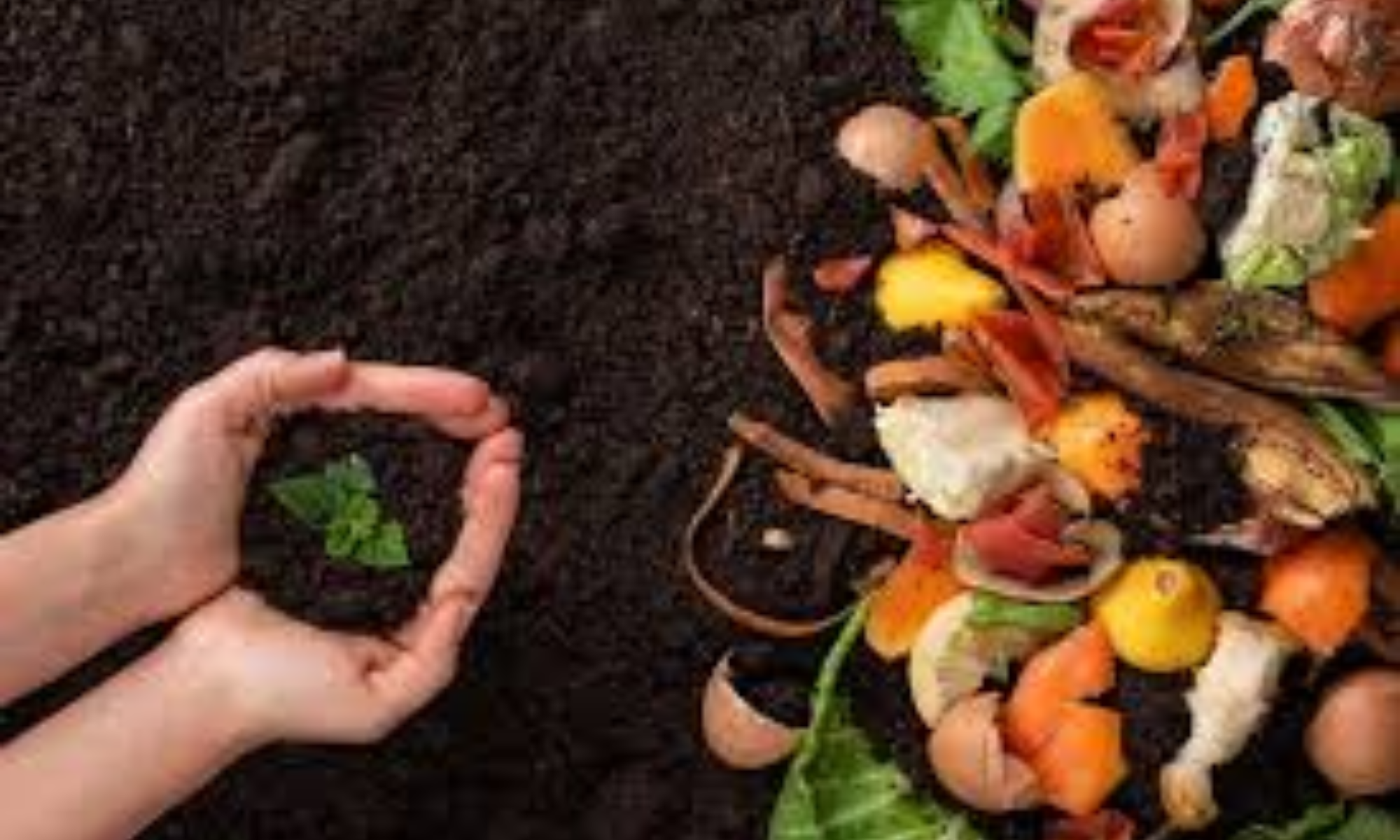At its core, composting is the process of recycling organic materials into nutrient-rich compost, which acts as a powerful soil amendment. Microorganisms, insects, and worms work together to break down the organic matter, creating compost that benefits your garden in numerous ways. It enriches the soil, supports beneficial microbes, and helps retain moisture. Whether you have sandy or clay soil, composting will improve its quality and help your plants thrive.
Six Composting Methods for Every Gardener
- Hot Composting: The Classic Approach
Hot composting is a traditional method where organic matter decomposes at high temperatures. It’s quick and efficient but requires some effort to maintain the right balance of moisture, oxygen, and nutrients. Ideal for gardeners with space and time to turn the pile regularly. - Cold Composting: The Easygoing Method
If you prefer a hands-off approach, cold composting is for you. Pile up your garden and kitchen waste and let nature take its course. While it takes longer and may attract pests, it’s a no-fuss way to recycle organic waste. - Compost Tumblers: Convenient and Quick
Compost tumblers are containers that make composting faster and more convenient by providing easy turning and aeration. They are perfect for small spaces but do require some maintenance. An investment in a tumbler can accelerate the process and reduce effort. - Vermicomposting: The Worm-Powered Method
Vermicomposting uses red wiggler worms to break down organic waste into high-quality compost. This space-friendly method is perfect for urban gardeners and anyone looking for an engaging, interactive composting experience. - Bokashi Composting: The Anaerobic Alternative
Bokashi composting ferments organic waste, even meat and dairy, in an anaerobic environment. This method is quick, odorless, and great for small spaces, including apartments. - Direct Burial: The Ultimate Lazy Method
For the simplest approach, dig a hole and bury organic waste directly in your garden. While slow and potentially pest-attracting, this method requires minimal effort.
Apartment Composting: No Outdoor Space? No Problem!
Even apartment dwellers can compost with countertop bins that collect kitchen scraps without the mess or smell. These bins are compact, stylish, and make it easy to transport your scraps to a local composting facility or community garden.
Composting transforms waste into treasure, benefiting both your garden and the environment. Whether you choose hot composting, vermicomposting, Bokashi, or another method, the key is to start and discover what works best for you. Not only will you reduce waste, but you’ll also transform your gardening practices, leading to healthier plants and bigger harvests. 🌱
